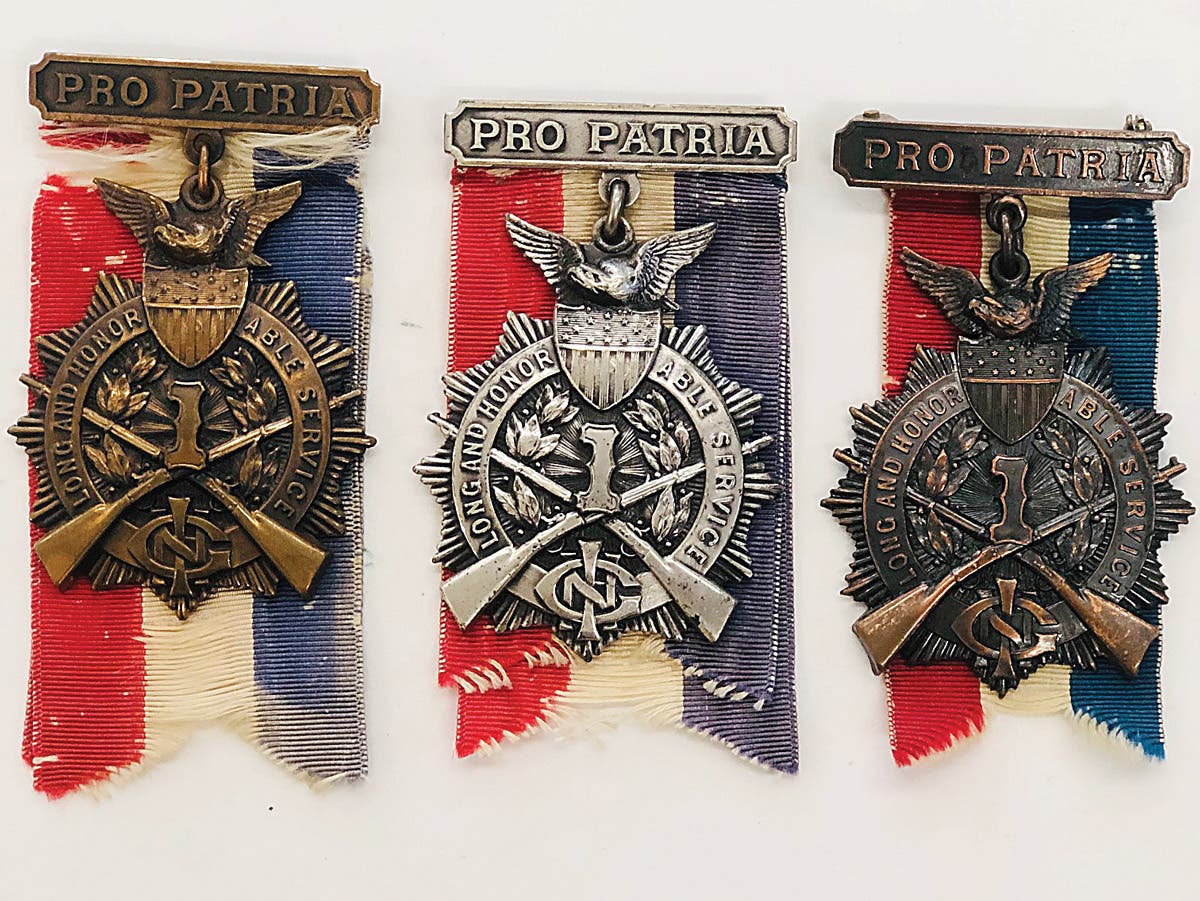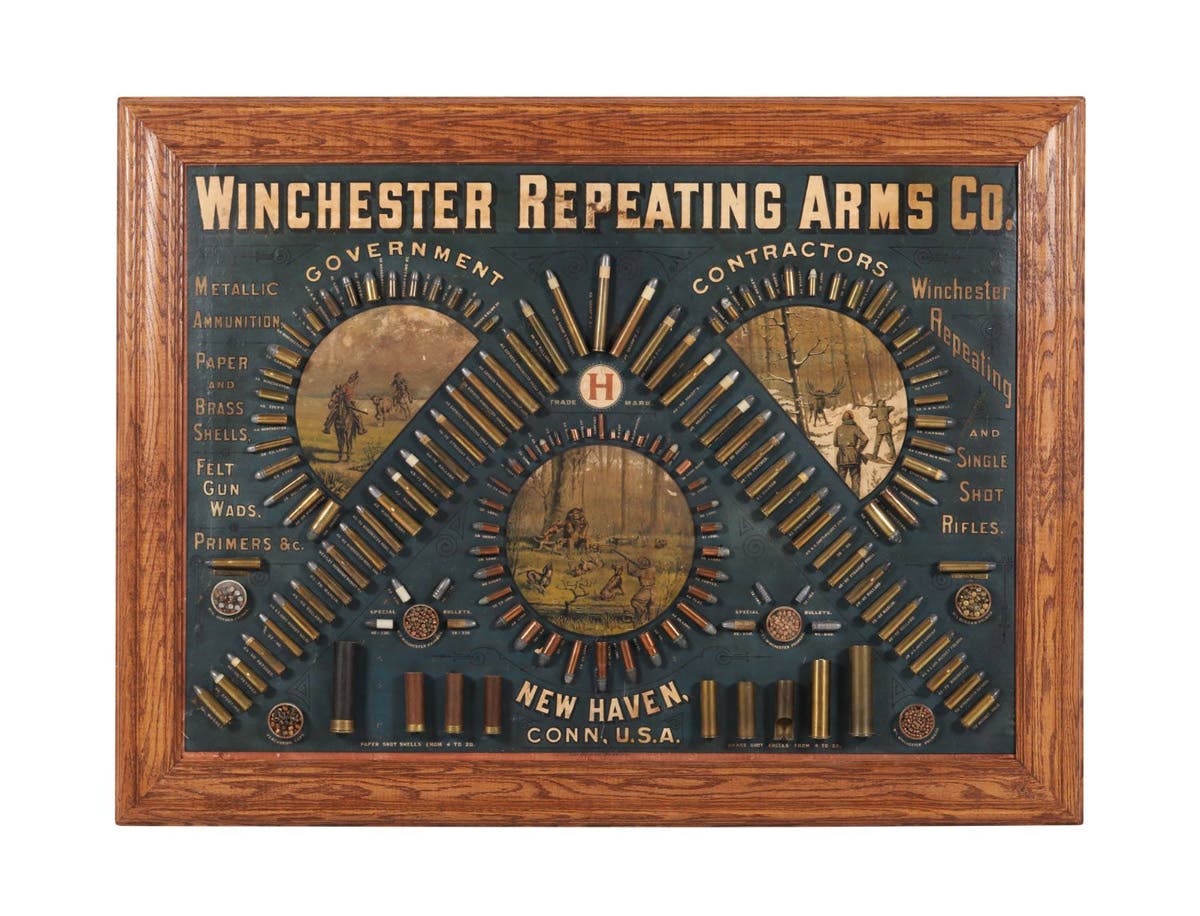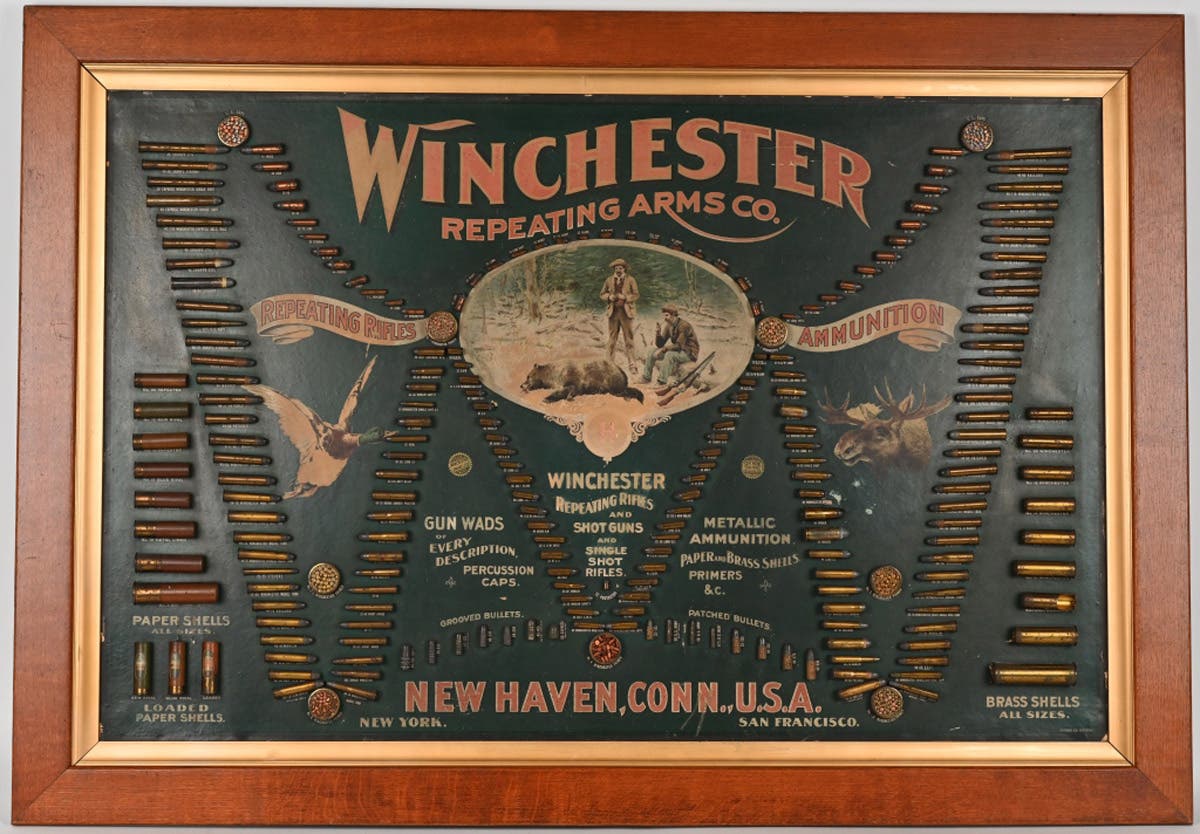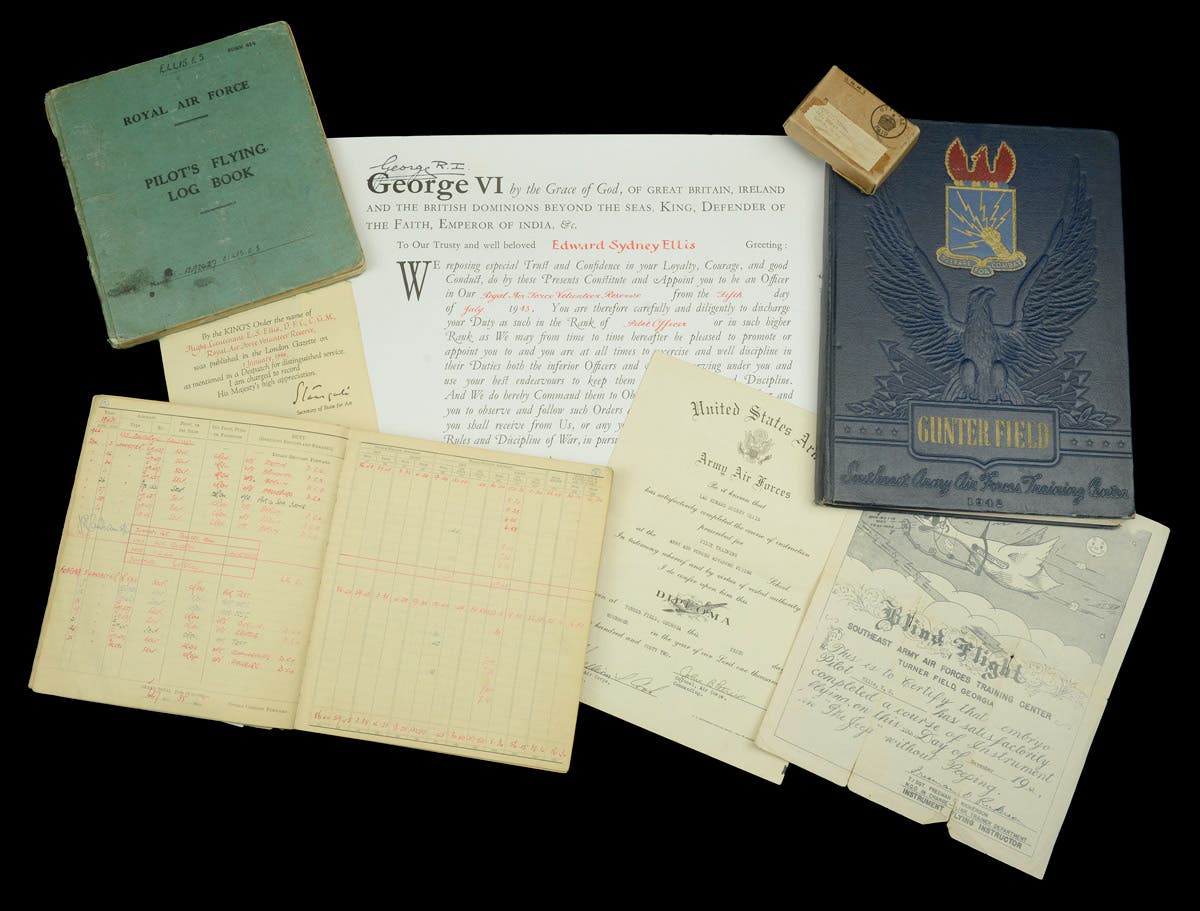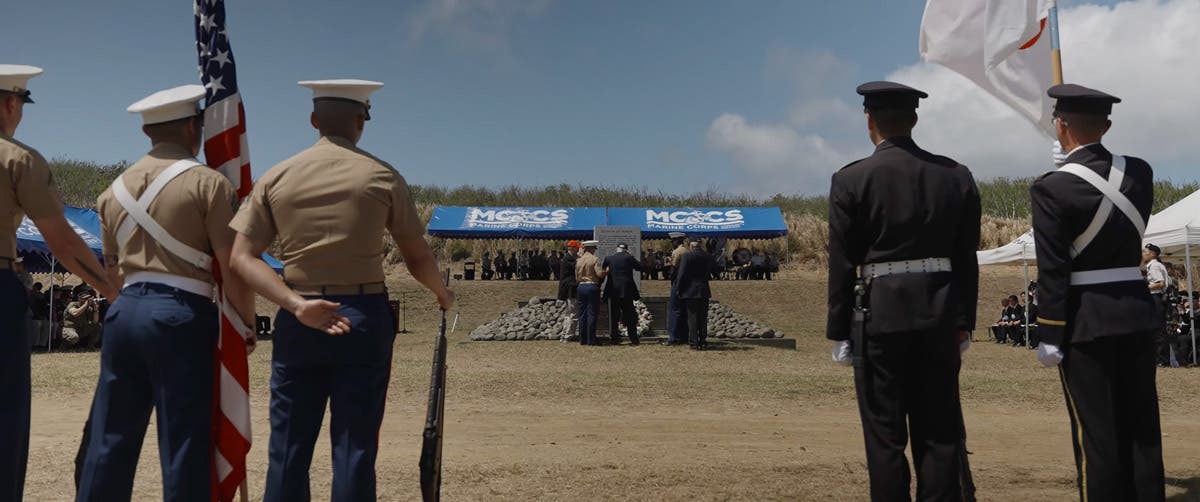Are you a Military Collector Who is Considering Selling your Library?
All books are not equal. Military and firearms collectors are fortunate that their costly research libraries retain a good deal of value while all sorts of other published material suffer in resaleability. These 7 tips will help you empty your shelves of books while filling your pockets.
As collectors go, we are fortunate. Unlike nostalgia-based collecting, the military relics we treasure tend to be almost “evergreen.” That is, unlike those who dive into passing fads like collecting Beanie Babies or vinyl LPs, pursuers of military history are always going to be around. And that is because, military history, unlike nostalgia, builds on itself, always adding to the cumulative record. While the nostalgic relationships might fade, the connection to the history of mankind survives. That’s why there is still a strong interest in the Revolutionary War or the Battle of Hastings while interest in Betty Boop or McDonald Happy Meal toys fades away.
However, military collectors do face a change that overshadows all areas of our interest: a decline in book scholarship. While our hobby has been built on a foundation of many good volumes of research material, information sharing via the internet has left many of those volumes dusty and unused.
The question becomes, “What do I do with my research library?”
Tips for disposing of a Library
Before you even consider breaking up or totally eliminating your research material, ask yourself: Are my books important to me as collectibles or are they simply tools toward an end?
For me, it is a little of both. I have taken great comfort in being surrounded by shelves and shelves of books. It is something that gives me confidence by knowing I have the resources when questions arise.
On the other hand, I appreciate the value of a scarce reference. I know some of my books are worth far more than I paid for them (while the majority are worth far less!).
So I struggle with the question of how or why I maintain my library. Compounding the matter, I have learned that a lot of my basic militaria questions can be answered by a simple “Google.” Over the past 10 years, more and more of my books sit unused, collecting dust.
Regardless, I still take great comfort in knowing they are right there behind me, ready to share the information when I pull one of the shelf.
All that said, I have started to “downsize” my library. Following a pattern my partner established about things packed away in boxes, “If I haven’t used it in three years, it might be time for it to go!” So, reluctantly, each of the past few years, I have winnowed my library, book by book. I have learned a few things that I will share:
1. Unless your books are absolutely pristine and you are an excellent packer, I strongly recommend you abandon the notion of “selling your books online.”
It is a path fraught with peril. People will be crazy about condition, expecting a 40-year-old reference to appear like it came off the press yesterday and that you packed in the softest, most luxuriant layers of cotton batting and then bubbled wrapped and triple-boxed. They will expect you to send it, at your expense, by next-day mail.
2. Know the value of your books before you try to sell them.
Forget about “what you paid.” We are collectors and our books are our tools. They are meant to be used and show that use. Therefore, they aren’t “mint” or “unused.” You gained years of usefulness from them and now you want to sell them. You got your value from them, now give the hobby a boost and let someone else benefit.
3. If you are going to try to sell the entire collection, I recommend contacting several dealers.
You will find that those who are interested in traveling to see a collection are far and few. While I have sold three “complete” collections of research materials (foreign sports cars, photo-history, and vintage tractors) over the past 10 years, each sale was significantly more difficult than the one before it. So much so, when I recently tried to sell a collection of military memoirs, the dealer only wanted to cherry-pick a few volumes and was not interested in a group purchase.
Also be ready to sell for dimes on the dollars. If you are going to be successful in selling a full library, the price is going to have to be really attractive to the buyer. Remember, the same goes for that buyer: Books are tough to sell.
4. The more specific the subject of the book, the easier it is to sell.
Civil War Firearms isn’t going to get much attention, but The Colt Model 1860 Army Revolver will. Medals of Germany will be passed over, but The Knights Cross of the Iron Cross will sell. Collectors are still willing to buy books that show them deep details for identifying and quantifying those items of their passions. They pay for details.
5. Condition, condition.
I know it is crazy, but people seem to want to believe they are the “first to enter” a book, even though it may be out of print for the past 50 years. The illusion of purity is a premium when it comes to books.
Long ago, I was impressed by a fellow collector who had stamped his name inside the front cover of each book. So, over the years, in the front of each of my volumes I wrote my name, city where I currently lived, and the year that I acquired it.
That small stroke of vanity has cost me hundreds of dollars.
6. Books cost you more the longer you keep them.
I have only learned this by moving several times. Books are darn heavy. They wear you out every time you have to move cases of them.
That’s why, when I take books to sell at a show, I price them really attractively and am always happy to make a sale, even if it means shaving some more off the price. Packing them up and taking them home after the show is just expensive redundancy.
7. Consider non-sales options.
You might find it real hard to find someone to buy your library but don’t despair. Consider donation that you can use as a tax write-off. Remember that library of military memoirs that I couldn’t sell except for a few choice volumes? Well, I contacted several smaller academies and private schools until I found one excited to accept the entire collection for their library. They got a nicely rounded military history section, and I was able to take the deduction on my taxes.
While I never thought I would see books fall out of constant demand, I have been forced to acknowledge the way we gain and share information has changed. This has led to me narrowing my shelves, but I assure you, the day they pull my dead body out of my office, they will be doing over piles of books that I felt I could never really give up.
Preserve the Memories,
John Adams-Graf
Editor, Military Trader and Military Vehicles Magazine
Note: The good news is this: Cash For Your Books does buy entire collections! Nationwide house calls are available. Call Greg at 805.907.1773 or visit cash4yourbooks.net
You may also enjoy
*As an Amazon Associate, Military Trader / Military Vehicles earns from qualifying purchases.
John Adams-Graf ("JAG" to most) is the editor of Military Trader and Military Vehicles Magazine. He has been a military collector for his entire life. The son of a WWII veteran, his writings carry many lessons from the Greatest Generation. JAG has authored several books, including multiple editions of Warman's WWII Collectibles, Civil War Collectibles, and the Standard Catalog of Civil War Firearms. He is a passionate shooter, wood-splitter, kayaker, and WWI AEF Tank Corps collector.



